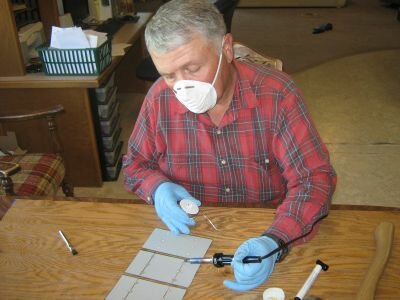
If you are living in the state of Mississippi, you should definitely power your home with a home solar energy system. Why would you want to do so? Well, your federal government is willing to help you.
When was the last time you look at your home electricity bill? If you were to compare it with last year bills, most probably your utility bill has increased.
This is due to rising energy cost and new electronic gadgets available in the market. We keep on buying new electrical appliances for our homes. Guess what, all these gadgets run on electricity.
To reduce electricity cost, many home owners are looking into residential solar power to supplement their energy needs. If you were to engage a professional solar contractor, be prepared to set aside a budget of $25,000 to $40,000 for a complete system.
It is a large investment, but for the residence of Mississippi, you are in luck because you can get a 30% federal tax credit on your home solar system. The tax credit is for gross cost at installation for on solar electric, solar water heating and wind turbine. There is also no cap available for residential and commercial installations. Meaning you can go for the biggest system your budget will allow.
If you want to save some cost, you can actually opt for a Do It Yourself (DIY) solar system. However, before you begin the project, it is best you understand how electricity works and the science behind solar technology.
Generally a residential solar energy system has 4 major components which are the solar panels, charge controller, battery bank and power inverter. This system is supported by smaller components such as voltage meter, amperage meter, DC disconnect switch, cut off fuses, system monitor, copper cables etc.
The heart of the system, the solar panels create electricity by using a special semi-conductive material known as Photovoltaic (PV) cell. By linking multiple PV cells together, the electric current created can be stored in a battery back which can be used to power your home electrical appliances.
When you have multiple appliances using free energy from the sun, you will begin to notice a reduction in your monthly electricity bill.
DIY Home Solar Guide
If you need some information on how to start a homemade solar power setup, check out the Power4Home e-book from John Russel. John is an inventor from Minnesota that created the Power4Home manual to assist DIY enthusiasts to build their own solar system in their backyard.
Since the Mississippi federal government is giving you a tax credit of 30%, why not make full use of it by building your own solar generator. For more information about Power4Home, click on the link below.